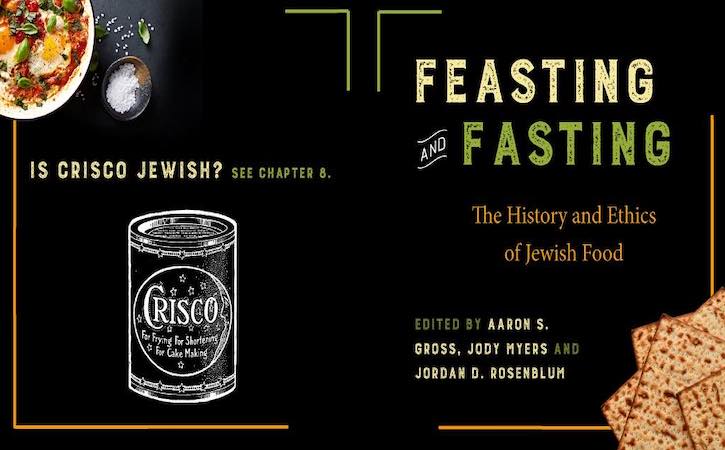[Canceled] A Slippery Slope: Jews, Schmaltz, and Crisco in the Age of Industrial Food with Prof. Rachel B. Gross

Please note: This event is canceled to help limit the potential exposure of novel coronavirus (COVID-19). For updated information on SF State’s response to COVID-19, visit the novel coronavirus information page.
"The Hebrew Race has been waiting 4,000 years for Crisco," Procter & Gamble announced in 1913. Since it arrived on the market, Crisco has been marketed to Jews as "truly clean and truly kosher." In the early twentieth century, Procter & Gamble undertook a series of advertising campaigns to convince Jewish women to change their cooking fats of choice from butter and schmaltz (rendered poultry fat) to Crisco. The effectiveness of this early instance of targeted marketing reveals how American Jews have changed as religious practitioners and as consumers. Jewish home cooks, generally women, were convinced to relinquish authority to corporate experts not only in matters of cuisine and health, but also regarding religious practices related to food production and consumption. Examining Crisco's targeted advertising to Jews helps us ask who is—and who should be—an authority in the modern Jewish kitchen.
Rachel B. Gross is Assistant Professor and John and Marcia Goldman Chair in American Jewish Studies in the Department of Jewish Studies at San Francisco State University.
Prof. Gross wrote about the Jewish history of Crisco in J. The Jewish News of Northern California.